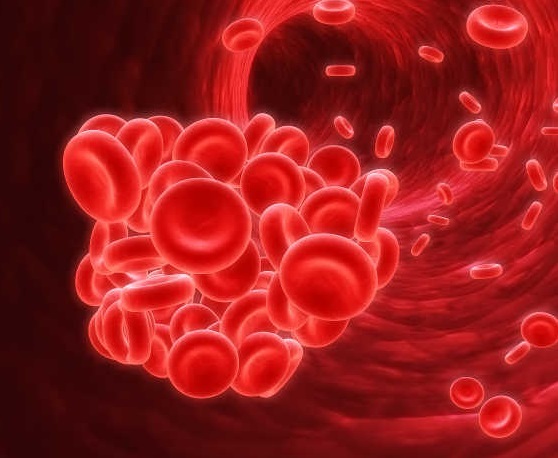FWP:
The lover could indeed be 'turning the heart into blood' (an idiomatic expression for worrying, fretting, grieving) so as to keep his eyes bright with fresh blood and save them from a state of be-raunaqii , as the commentators maintain. This implies that his turning his heart into blood will be efficacious and will actually accomplish something, so that the sacrifice of the heart will at least be meaningful.
But he could also be helplessly 'turning the heart into blood' out of grief at the eyes' be-raunaqii -- even though (or else precisely because) he knows that it's too late, that the heart and liver are by now too destroyed to be able to keep the eyes bright with fresh blood. This then becomes almost a catch-22 situation: he weeps blood because he no longer has enough available blood to weep.
Nazm also points to a broader suggestion: there's no other reason to 'turn the heart into blood' with fretting and longing and grieving except for an internal one-- consideration of the welfare of the eyes. There's not the smallest possibility that such longing or grieving could soften the beloved's impermeably stony heart.

Nazm:
That is, without tears of blood, the eyes remain lightless. If it were not for this thought, then there would be no other reason to turn the heart to blood. (132)
== Nazm page 132